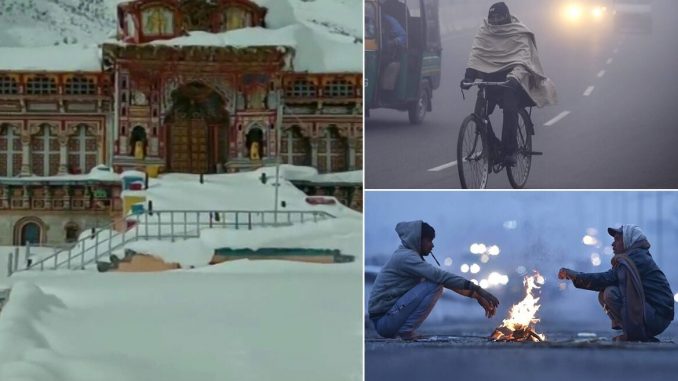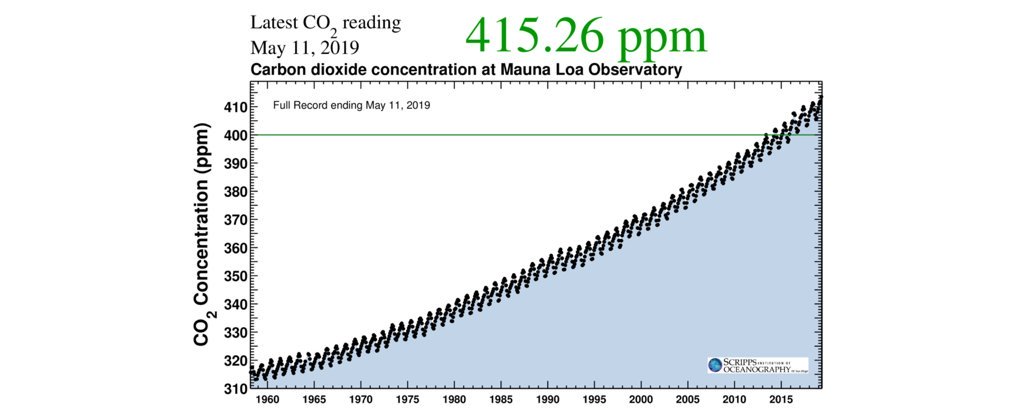
By Cap Allon
Delhi, India suffered its coldest December day in 16 years on Monday, with the metropolitan area warned to brace for similar chills throughout the week.
Low cloud cover and brutal northwesterly winds combined to sink the mercury in India’s capital territory to its lowest December levels since 2003.
Monday’s daily maximum reached just 12.9C (55.2F) — a whopping 10.3C below the average for the time of year, and a mere 0.3C off 2003’s record set on Dec 25, according to timesofindia.com.
India’s met office reported Monday as a “severe cold day.”
“Very low cloud cover across the northern plains blocked sunlight and strong winds raised the windchill factor,” explained the agency.
Kuldeep Srivastava, scientist at IMD said: “The dense fog in the plains has not lifted completely and got trapped in the cloud cover. What made it really chilly was extremely cold winds from [the very snowy] Himachal Pradesh and J&K.”
R K Jenamani, head of the met at the IGI airport, said a number of places in northwestern India recorded their coldest ever December daytime temperatures on Monday — along with Deli, “very low maximum temperatures” were recorded across Chandigarh, Punjab, Haryana, northern Rajasthan and parts of west-Uttar Pradesh as well.
The Badrinath Temple in Uttarakhand was blanketed in deep snow after heavy falls this week.
While in Himachal, some 292 roads and four National Highways have been blocked due to the snow, which has thrown normal life out of gear, reports the Indian Meteorological Department.
The met office has warned residents of these regions to brace for similar frigid weather over the coming days — lows of 7C (44.6F) are expected in Deli throughout the week, as the anomalous cold lingers into late December.
The cold times are returning in line with historically low solar activity.
The sun’s output is now at a space age low, and cloud-nucleating Cosmic Rays are at an all-time high.
NASA has recently revealed this upcoming solar cycle (25) will be “the weakest of the past 200 years,” and they’ve correlated previous solar shutdowns to prolonged periods of global cooling here.
Indianapolis breaking records all over the place for cold and snow
Britain to be gripped by a ferocious snow blizzard
FAKE News from Russia:
Russian birch trees are ‘climbing mountains’ due to climate change (.. when it is in fact caused by higher level of CO2, i.e. outgassing from the oceans, ref.: Henry’s Law).

CO2-induced Benefits to Plant Water Use Efficiency
By co2science
As the atmosphere’s concentration of carbon dioxide (CO2) continues to rise in the years and decades ahead, plants will become ever-more efficient in their use of water thanks to incredible physiological changes brought about by this important trace gas. In short, they will need less water to produce the same or an even greater amount of biomass, which transformation holds significant ramifications for future plant drought resistance and global food production.
More evidence that a cold climate kills – while trying to sell “stop Brexit”
New Study: Canadian Arctic Was About 1-2°C Warmer During Medieval Times




